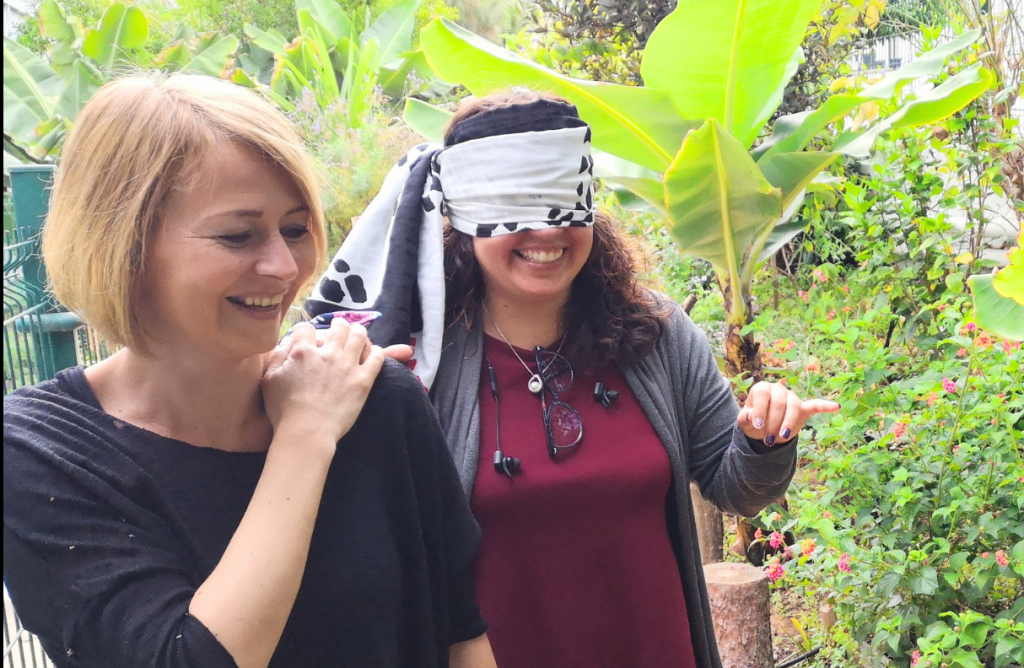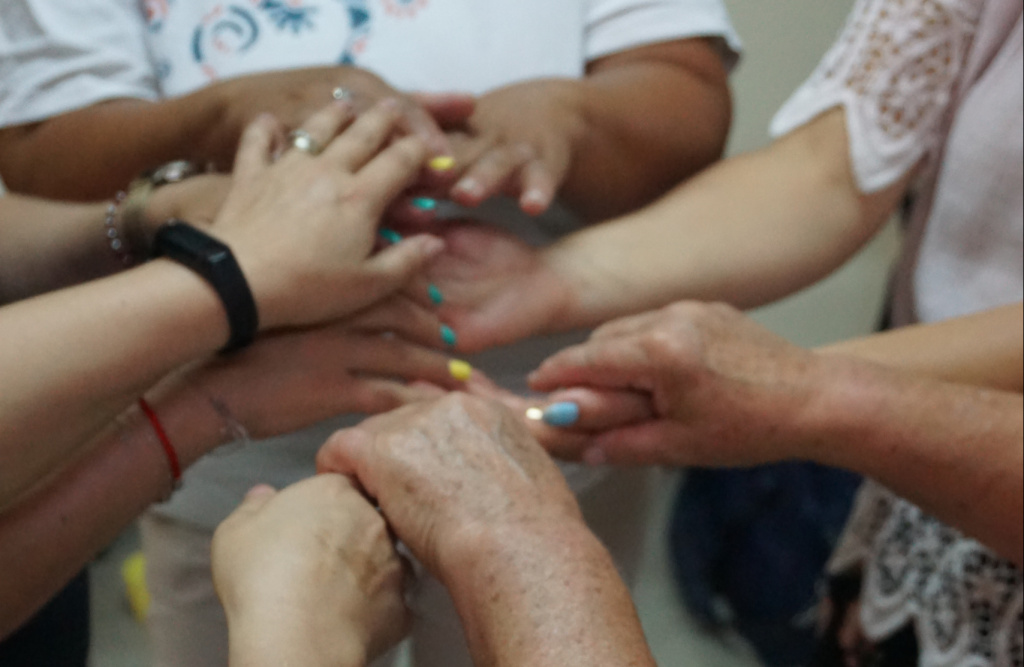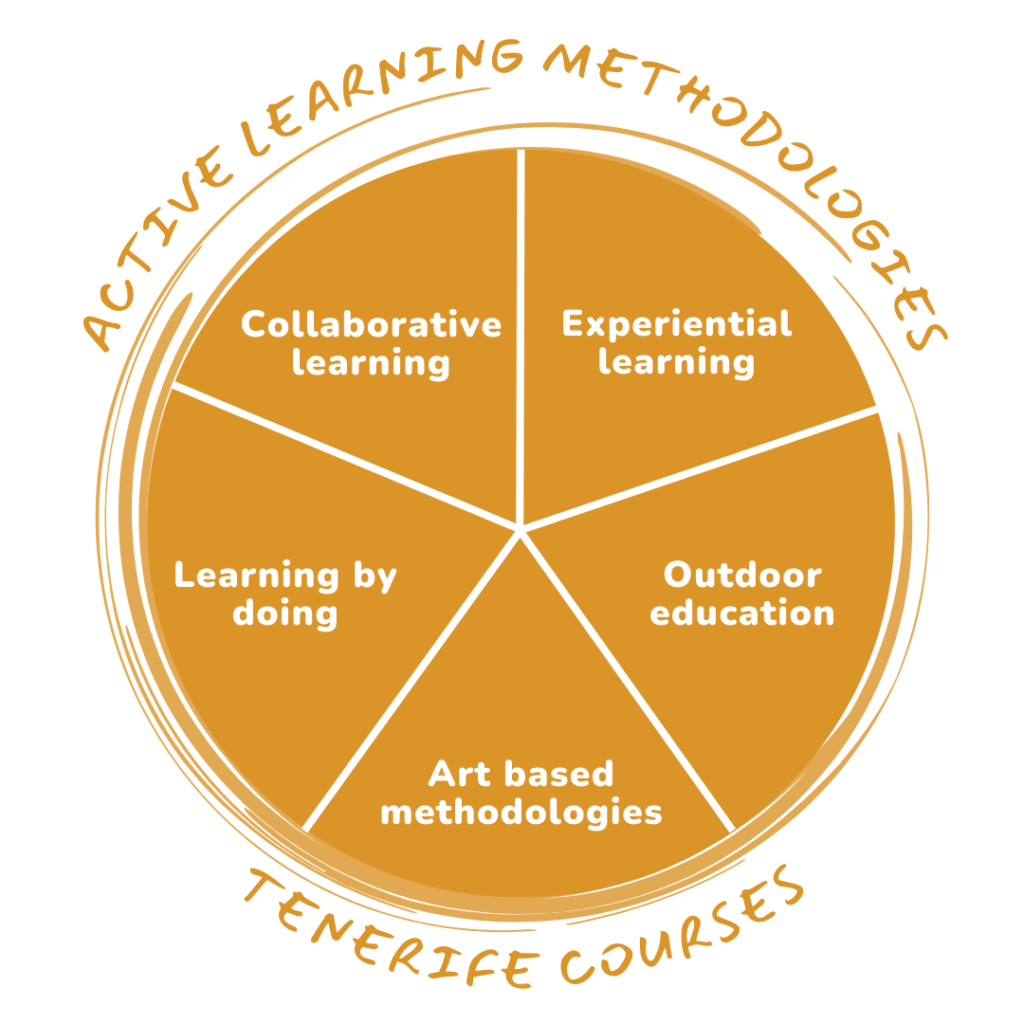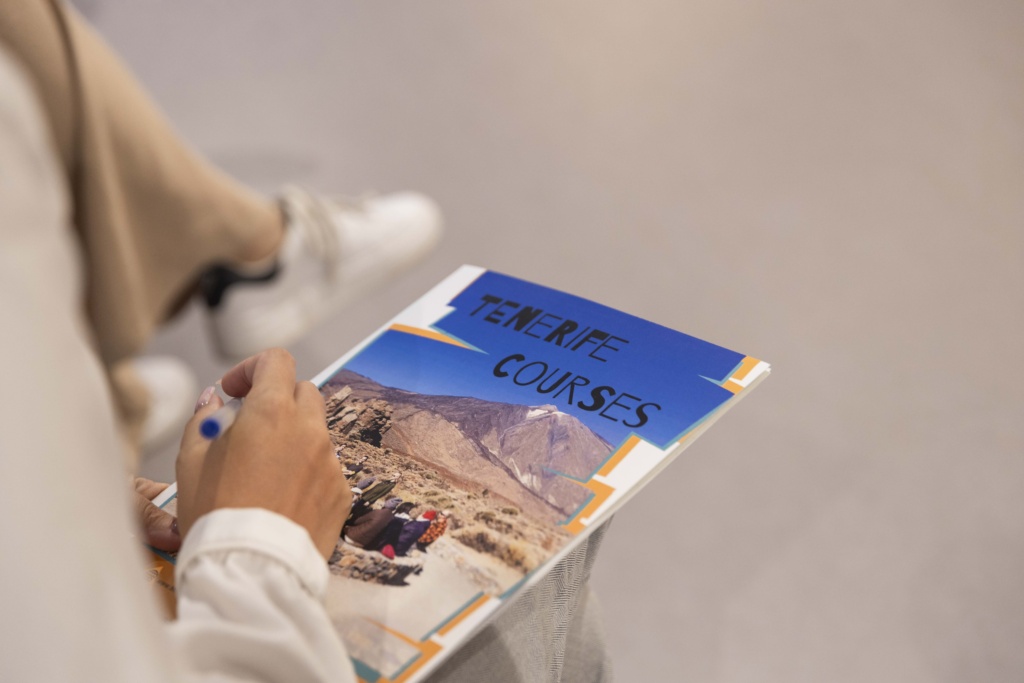Working with learners from disadvantaged backgrounds
Nowadays, teachers and adult education trainers need to face with very diverse profiles of students from vulnerable backgrounds, marginalized groups in risk of exclusion. Teachers and adult education trainers need to develop their personal and social skills in order to understand the very different realities of their learners. Empathy, active listening and other special skills are necessary when working with learners with physical or mental special needs, learners with difficult socio-economic situations, women dealing with domestic violence, persons with literacy challenges, seniors, learners from different cultural backgrounds such as refugees, migrants etc.
Teachers will experience examples of activities that can be designed to support increasing diversity in nowadays society. The active learning methodologies are adequate for social inclusion of marginalized learners because they focus on learning-by-doing and interactive exercises in small groups.
Through role plays, trust games and other theater techniques and exercises, the participants will learn how to build empathy, improve their active listening, break the barriers and stereotypes. This way, the participants will learn how to generate a humanistic and anti-discriminating learning atmosphere and teach their students how to be open to the differences.

Objectives:

Training activities:

Methodology:
Our focus is on showing the participants how the learners’ motivation increases when they become the actors of their own learning because the teacher takes the role of facilitator or learning guide.
Energizers, games and group reflections are foreseen daily in order to ensure a positive energy and a cooperative learning climate in the group.
We tailor our working methods based upon the participants‘ needs and professional profiles in order to ensure easier adaptability and application of the tools to the real life.
We will take care of you:
- Support and Emergency Helpline Whatsupp group with all participants for easy communication and interaction between each other.
- Delicious coffee break from a foundation employing disadvantaged people.
- Useful pdf presentation with the most important information about food, transportation and places to visit in Tenerife.
- Free afternoons to explore beauty of Tenerife.
- Visit to Teide National Park – optional.
- No requirements for accommodation, you can choose whatever you want (in the city where the course takes place).
After course:
- Teaching materials in pdf to use in your classes afterwards.
- Photos for dissemination.
- The certificate of attendance and support with all documents needed.

